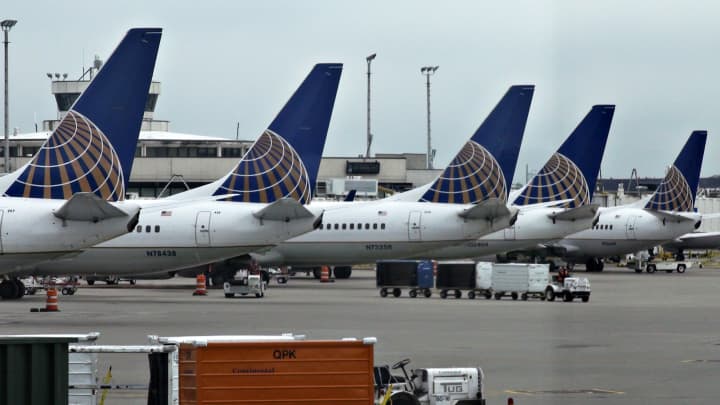Despite the recent CrowdStrike outage, which briefly disrupted airline operations, U.S. airlines have managed to keep summer cancellation rates remarkably low. This achievement highlights the industry’s resilience and effective crisis management strategies. Here’s a detailed look at how they maintained their performance.
Understanding the CrowdStrike Outage
CrowdStrike, a prominent cybersecurity firm, experienced a major outage last week. The disruption affected various sectors, including the aviation industry. CrowdStrike provides cybersecurity solutions, including threat detection and response. When their services were interrupted, airlines faced potential security risks and operational challenges.
The outage was a significant concern because many airlines rely on CrowdStrike’s security solutions to protect their systems. Any compromise in security can lead to operational delays, system failures, or even data breaches. Despite these potential risks, U.S. airlines managed to minimize disruptions.
How Airlines Maintained Low Cancellation Rates
The summer season is one of the busiest times for airlines. High travel demand combined with potential disruptions like the CrowdStrike outage can lead to increased cancellations and delays. However, airlines demonstrated impressive resilience by keeping cancellation rates low. Here are key factors that contributed to this success:
- Robust Contingency Plans:
U.S. airlines have well-established contingency plans to handle unexpected situations. These plans include backup systems and alternative procedures that can be quickly implemented. When the CrowdStrike outage occurred, airlines swiftly activated their contingency measures to ensure continued operations. - Effective Communication:
Communication is crucial during disruptions. Airlines maintained open channels with their customers, providing timely updates about any potential issues. This transparency helped manage passenger expectations and reduced the number of last-minute cancellations. - Strong IT Infrastructure:
Even with the CrowdStrike outage, many airlines were able to rely on their strong internal IT infrastructure. They have invested in robust systems that can operate independently of external cybersecurity providers if needed. This internal capability played a critical role in minimizing disruptions. - Proactive Security Measures:
Airlines have invested heavily in their cybersecurity infrastructure beyond what CrowdStrike provides. They use a range of security measures to protect their operations. This proactive approach helped them mitigate the impact of the outage and maintain smooth operations. - Efficient Crisis Management Teams:
Airlines have dedicated crisis management teams trained to handle emergencies. These teams worked diligently during the CrowdStrike outage to ensure that any issues were addressed swiftly. Their efficiency contributed to the low cancellation rates.
Passenger Experience During the Disruption
For passengers, the impact of the CrowdStrike outage was minimal. Most travelers experienced no significant delays or cancellations. This positive outcome was a result of airlines’ effective crisis management and their commitment to maintaining high service standards.
- Minimal Delays:
Despite the potential for delays, airlines managed to keep them to a minimum. Most flights operated on time, and any delays that did occur were quickly resolved. This efficiency was a testament to the airlines’ ability to manage disruptions effectively. - Customer Support:
Airlines increased their customer support during the outage to assist passengers with any concerns. They offered additional assistance at airports and through online channels. This support helped alleviate any stress passengers might have experienced. - Maintained Service Quality:
Even though there was a cybersecurity issue, airlines maintained their usual high standards of service. Passengers reported that their travel experience was unaffected by the CrowdStrike outage, highlighting the airlines’ commitment to quality service.
Future Implications for the Airline Industry
The successful handling of the CrowdStrike outage has several implications for the airline industry:
- Increased Focus on Cybersecurity:
The incident underscores the importance of robust cybersecurity measures. Airlines are likely to invest more in their cybersecurity infrastructure to prevent future disruptions. This increased focus will help protect against similar issues in the future. - Enhanced Contingency Planning:
The effectiveness of airlines’ contingency plans during this outage highlights the need for continuous improvement. Airlines will likely review and enhance their contingency plans to ensure they are prepared for any future disruptions. - Continued Investment in Technology:
The ability of airlines to maintain operations during the CrowdStrike outage demonstrates the value of investing in advanced technology. Airlines are expected to continue investing in technology to improve their resilience and operational efficiency. - Improved Industry Standards:
The incident may lead to the development of new industry standards for handling cybersecurity disruptions. Airlines and other sectors will collaborate to establish best practices and improve overall industry resilience.
